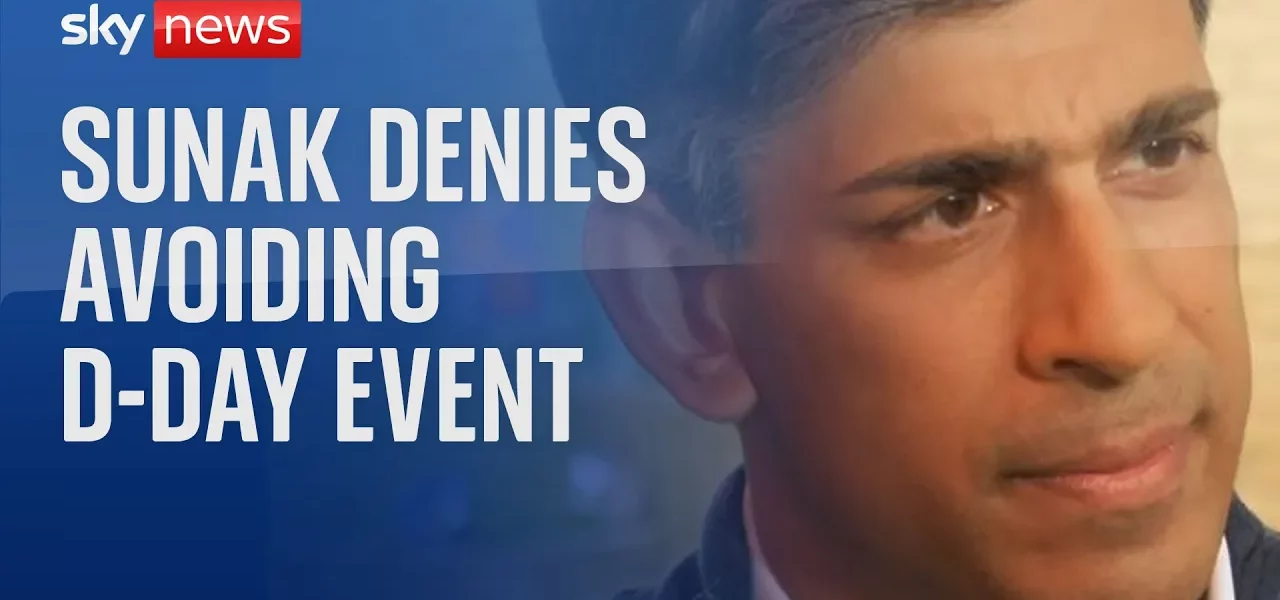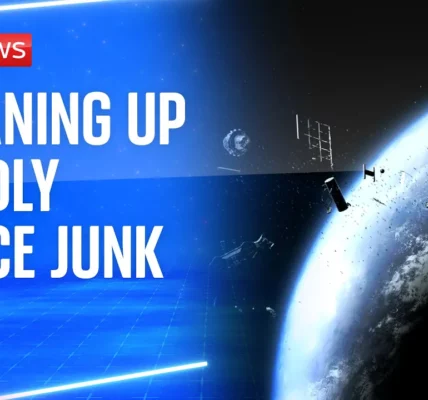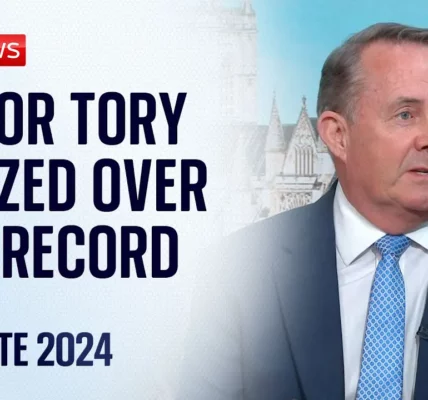Reflecting on the D-Day Commemorations: A Political Perspective

This article explores the recent D-Day commemorations in Portsmouth and France, highlighting the sacrifices made by veterans and the ensuing political discussions. It delves into the actions of political leaders, their reflections on the events, and the importance of honoring those who served.
Introduction
The D-Day commemorations serve as a poignant reminder of the sacrifices made by countless individuals in the fight for freedom during World War II. Recently, political leaders, including Prime Minister Rishi Sunak, participated in events across Portsmouth and France to honor these brave veterans. However, the political context surrounding these commemorations has sparked significant debate regarding the appropriateness of their actions, particularly concerning time spent with veterans and the implications of political campaigning during such solemn occasions.
The Importance of D-Day Commemorations
D-Day, occurring on June 6, 1944, marked a pivotal moment in World War II, with Allied forces landing on the beaches of Normandy. The commemorations serve several key purposes:
- Honoring Sacrifices: Acknowledging the immense sacrifices made by veterans and their families.
- Education: Educating younger generations about the historical significance of these events.
- Reflection: Providing a moment for reflection on the values of freedom and democracy that were defended.
Political Context and Leadership Actions
In the context of the recent commemorations, Prime Minister Rishi Sunak faced scrutiny for his decision to leave early from the events. Here’s an analysis of the political implications surrounding his actions:
Schedule and Itinerary
Sunak stated that the itinerary for the events was established weeks in advance, prior to the commencement of the general election campaign. Despite attending numerous events in Portsmouth and France, his early departure raised eyebrows and led to criticism from various quarters:
- Critics argued that his absence during the latter part of the events showed a lack of commitment to honoring veterans.
- Some veterans expressed disappointment, stating that such actions could be perceived as disrespectful to those who sacrificed their lives.
- The decision sparked discussions about the prioritization of political campaigning over commemorating significant historical events.
Public Reception and Criticism
The reactions to Sunak’s actions were mixed, with many calling for a more profound commitment to veterans and their families:
- Comments from veterans and their families highlighted feelings of betrayal and disappointment.
- Political opponents seized the opportunity to question Sunak’s dedication to patriotic values and support for the Armed Forces.
- Some political allies defended Sunak, emphasizing the government’s record of support for veterans, including the establishment of a dedicated Veterans Minister.
Personal Reflections on the Commemorations
During the commemorations, Sunak expressed his honor and privilege in meeting veterans and their families. He shared insights from his conversations, emphasizing the importance of listening to their stories and showing gratitude. Key reflections include:
The Value of Personal Interaction
Engaging with veterans offered Sunak a chance to understand the sacrifices made on behalf of the nation:
- He noted the emotional weight of hearing firsthand accounts of bravery and loss.
- Sunak articulated the need for continued support and recognition of veterans’ contributions.
Commitment to Veterans Affairs
In light of criticisms, Sunak reiterated his commitment to veterans’ welfare, citing several government initiatives:
- Creation of the first dedicated Veterans Minister in cabinet.
- Implementation of various programs focused on health, housing, and employment for veterans.
- Long-term investment strategies aimed at increasing support for the Armed Forces.
Conclusion
The D-Day commemorations represent a critical moment for reflection on the sacrifices made by veterans. While political leaders like Rishi Sunak participated in honoring these veterans, the timing of their actions against the backdrop of an election campaign raises important questions about priorities and respect. Moving forward, it is essential for political leaders to balance their commitments to service members with their political responsibilities. As a society, we must ensure that the memory of those who fought for our freedoms is honored without the interference of political agendas. We invite readers to reflect on these events and consider how we can collectively support our veterans and their families.
For more insights on veterans’ affairs and related topics, visit our related articles section.
“`




